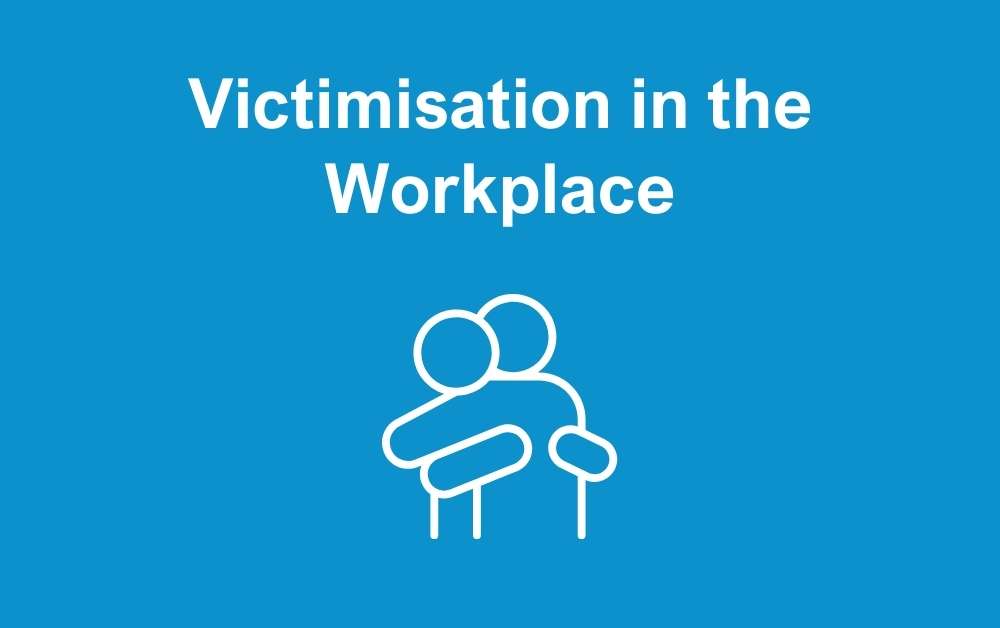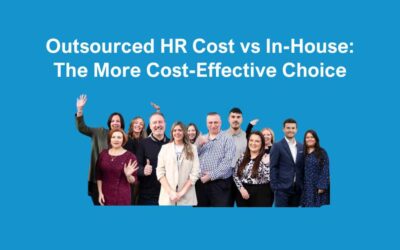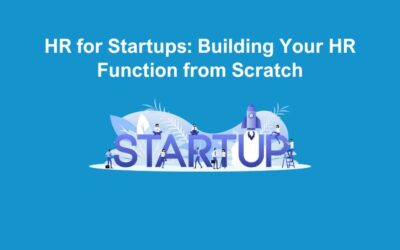Victimisation in the workplace is a critical issue that can have lasting negative impacts on both employees and businesses. It occurs when an individual is treated unfairly because they have made or supported a complaint about discrimination, harassment, or bullying, or because they have given evidence or information related to such complaints.
In UK employment law, victimisation is considered a serious offence under the Equality Act 2010, and businesses have a legal responsibility to prevent and address it.
Understanding Victimisation
Victimisation is distinct from bullying or harassment in that it specifically involves adverse actions against someone for taking part in a complaint process. This could mean an employee who has reported a discriminatory act, a witness who has supported the complaint, or someone who has taken part in any capacity. Forms can range from subtle actions, like being ignored in meetings or excluded from social activities, to more overt behaviours, like demotion or excessive scrutiny of an employee’s performance.
This can impact morale, productivity, and the reputation of a business. Left unchecked, it creates an atmosphere of fear where employees may avoid reporting issues or supporting others. This not only goes against ethical standards but also opens businesses up to legal risks.
The Legal Implications of Victimisation
Under the Equality Act 2010, victimisation is illegal and could result in significant consequences for employers. The Act protects individuals from being subjected to unfavourable treatment when they act as complainants or witnesses. If an employee feels they have been victimised, they may take legal action against the employer. This may potentially lead to costly tribunal cases and damaging publicity.
Impact on Employees
Victimisation in the workplace can have significant emotional and psychological impacts on employees. Individuals who experience victimisation often report feeling isolated, stressed, and undervalued, as they are unfairly targeted for standing up against discrimination or supporting others in doing so. This treatment can lead to a loss of confidence and motivation, impacting their performance and overall job satisfaction. In some cases, victimisation may also trigger or worsen mental health issues, such as anxiety or depression. Therefore, leaving affected employees in a state of emotional distress that permeates their personal and professional lives.
Beyond the immediate psychological effects, victimisation can harm employees’ career development and professional relationships. Those subjected to it may be unfairly sidelined from opportunities, find themselves excluded from team activities, or be subjected to excessive scrutiny in their work, limiting their growth potential and eroding trust in management and colleagues. These impacts create an environment of fear and reluctance among employees, discouraging them from speaking up about legitimate concerns or supporting others who do, which ultimately undermines a healthy and supportive workplace culture.
How Can Businesses Prevent Victimisation?
To mitigate the risks, businesses should focus on establishing a supportive and transparent workplace culture. Here are key strategies to help prevent victimisation and ensure a safe environment for all employees:
1. Develop a Clear Anti-Victimisation Policy
Having a well-documented policy is essential. This policy should outline what constitutes victimisation, the consequences for engaging in it, and the steps an employee should take if they feel they have been victimised. It should also clarify the protections afforded to complainants and witnesses to encourage employees to come forward without fear of reprisal.
2. Training and Awareness
Training employees on what victimisation entails and its consequences is crucial. This should extend to management training down to all staff, as well as any external contractors. Special attention should be given to managers and supervisors to ensure they are aware of their responsibilities in maintaining a fair and transparent workplace.
3. Encourage Open Communication
Creating an open-door policy where employees feel safe to report issues or concerns is essential. Employees should know that they can voice concerns without fear of backlash. Regular one-on-one meetings can help managers identify and address any issues early on, offering support to those who may be feeling the effects of victimisation or other unfair treatment.
4. Implement Robust Reporting and Investigation Procedures
A fair and transparent reporting process is vital in handling complaints. Ensure there are clear and confidential channels through which employees can report issues. Once a complaint is made, it should be thoroughly investigated in a timely and impartial manner. This might involve appointing an independent HR representative or an external third party to handle the investigation to guarantee neutrality.
5. Monitor and Review
Regularly reviewing the workplace environment through employee surveys, feedback sessions, and anonymous reporting can help gauge the overall atmosphere within the business. By proactively monitoring these channels, businesses can spot patterns or signs of victimisation and take corrective action before issues escalate.
What to Do if Victimisation Has Occurred
If an instance of victimisation is discovered, swift action is critical. Start by addressing the issue directly with those involved, while ensuring that any investigations are handled impartially and confidentially. Employees found to be engaging in victimisation should face appropriate disciplinary action as outlined in the business’s policies. Supporting the victimised employee with resources, such as counselling services or adjustments in work roles, can also help mitigate the negative impact they may have experienced.
Additionally, reviewing internal processes following an incident can highlight any gaps in policy or practice. Conducting a post-incident review can also reassure employees that the organisation is committed to improvement and safeguarding workplace fairness.
Conclusion
Preventing and addressing victimisation is essential for fostering a positive, respectful, and legally compliant workplace. By understanding what victimisation is, implementing clear policies, and promoting an environment of trust, businesses can help protect employees from unfair treatment and avoid the pitfalls of legal disputes. For businesses, the benefits of a supportive workplace culture extend beyond legal compliance—they lead to higher employee morale, better productivity, and a stronger organisational reputation. If you would like any further advice on anything we’ve discussed, our HR Consultants are here to help.







